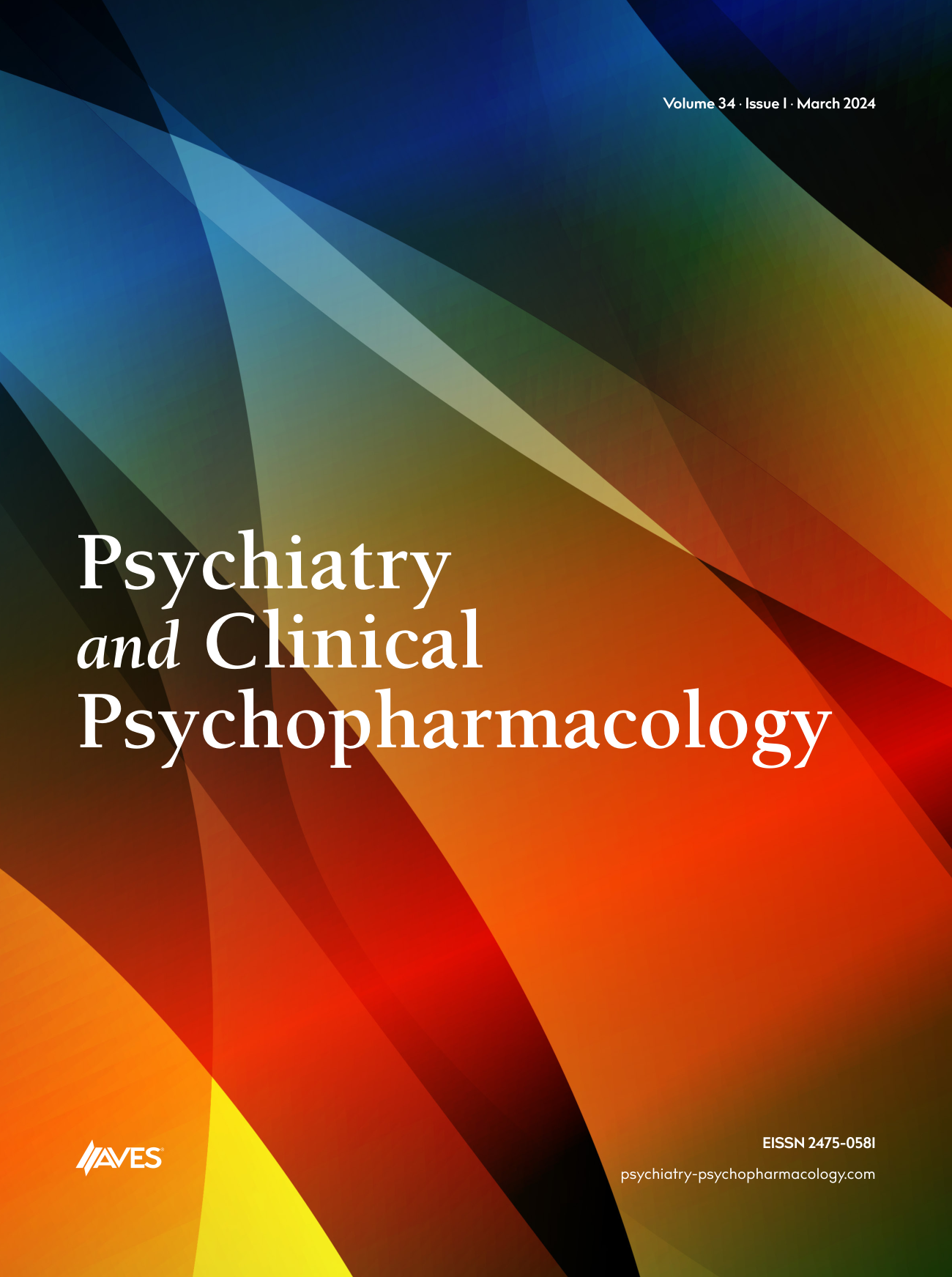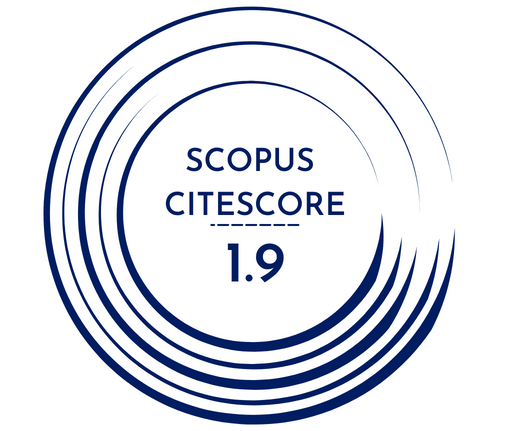Objective: It has long been known that patients with depression, social anxiety disorder and social phobia show neuropsychological symptoms and these disorders are common causes for impaired neurocognitive functions such as memory, attention, psychomotor speed and executive functions. Emotional stress can exacerbate acne, and conversely patients may experience psychological and psychiatric problems because of acne. Attention, memory, verbal-linguistic ability and executive functions were assessed in acne vulgaris patients in comparison with healthy controls.
Methods: Treatment naïve 52 acne patients and 47 controls were recruited. The groups were well-matched for age, gender and years of education. The neuro-cognitive battery used was Rey Auditory Verbal Learning and Memory Test, Auditory Consonant Trigram Test, Controlled Word Association Test, Digit Span Test, Trail Making Test, and Stroop Test. Structured Clinical Interview for DSM-IV Axis I Disorders (SCID-I), Hospital Anxiety and Depression Scale (HADS), Liebowitz Social Anxiety Scale (LSAS) were applied.
Results: The acne group demonstrated impairments in verbal episodic memory, learning, working memory and phonemic verbal şuency. No group difference was found in attention or executive functions.
Conclusion: Further studies particularly investigating cognitive functioning and oxidative parameters together are necessary for verifying our results and bring to light the underlying mechanisms.



